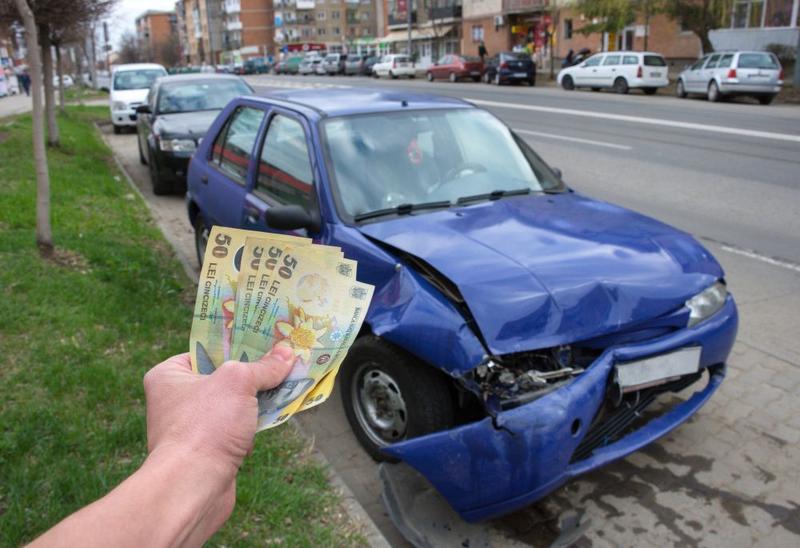On this woman's day, it's normal for a woman to make most headlines. Unfortunately, nothing to celebrate: Mona Musca, one of the most influential politicians in Romania, quit all positions after receiving a final sentence as former collaborator of Ceausescu's political police, Securitate.
"Mona Musca. End of story" (Evenimentul Zilei) and dozens of similar titles make it to the front page in most newspapers. Musca says she quit the Liberal Democrat Party so it wouldn't be vulnerable on her account.
Furthermore, she says that quitting the Parliament is a normal gesture and that by staying, she would encourage people with deeper connection with the past Securitate remain politically active.
Even so, Musca says the Justice decision was "unfair" and that she may pursue the course of Justice at the European Human Rights Court.
More stories about women, even sadder. After the anti uterus cancer vaccine was officially launched yesterday in Romania, statistics indicate that 5 Romanian women die daily because of this disease and the figures continue to grow, same Evenimentul Zilei reads.
As if this wouldn't be enough, more bad news about women come from Gandul: for the same kind and amount of work, women worldwide gain 12 to 60% less than men, although the global labor force is formed 40% by women.
Salaries in Romania have still an uncertain evolution, with several financial institutions warning on possible inflation rising on the account of growing wages. One thing is certain: foreign direct investments in 2007 will reach some 7 billion euros, 2.1 billion less than in 2006, Gandul reads.
The reason is that there aren't any major privatizations left to fill the budget.
Back to the dark-grey everyday, Cotidianul found out that the resignation of the anti corruption head in the Police was caused by an un-natural control, launched 24 hours after notification, not after five days, as regulations impose.
The resigning officer, Marian Sintion considered the action as part of the pressure put on him for investigating the wealth of some controversial officers.
Speaking of police affairs: 50 money and credit cards forgers, mostly Romanians, were arrested yesterday in the Costa del Sol region, in Spain, Gandul reads.
Still, this does not explain the general reticence of Hungarians when it comes to Romanians: 77% of Hungarians consider that Romanians shouldn't immigrate or work there, 6% more than in 2006. The same attitude is a bit stronger against Arabs, Chinese and Russians. 27% of Hungarians are openly xenophobic, and the majority votes as "undecided". (Gandul)
Now, for something completely different, over 1,000 Romanians - not season workers, nor Diaspora - have successful jobs in Brussels, mostly in major commercial companies and in official institutions, Cotidianul informs.



















